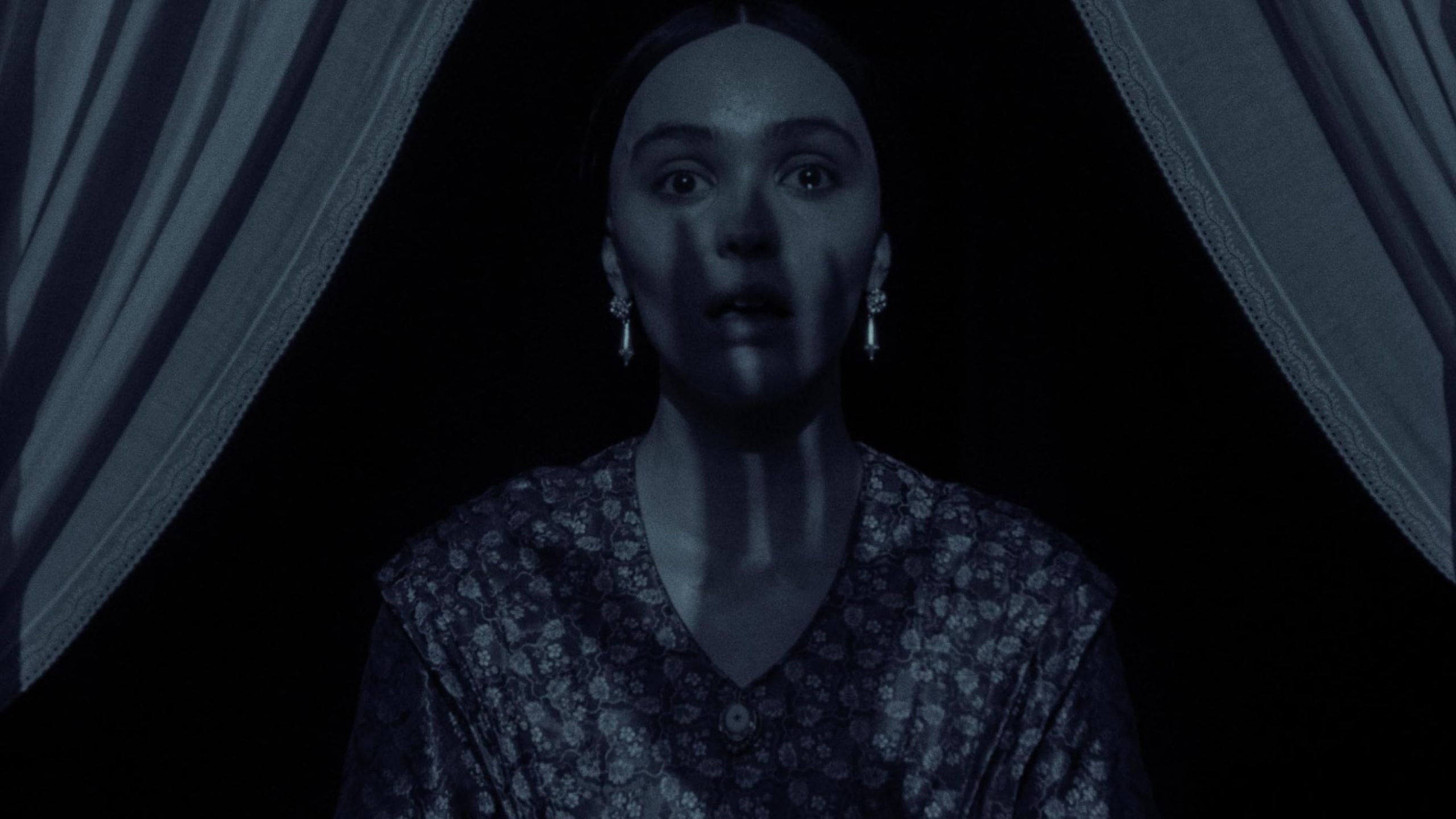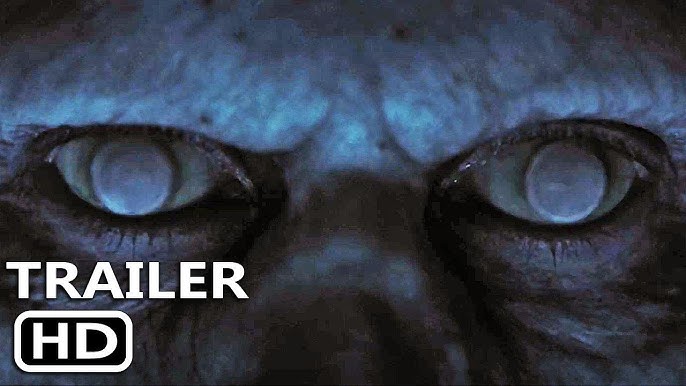Nosferatu (2024)

The 2024 remake of Nosferatu, directed by Robert Eggers, is an ambitious and atmospheric reimagining of F.W. Murnau’s 1922 silent classic. Eggers, known for his mastery of horror in films like The Witch and The Lighthouse, brings his signature style to this iconic tale, blending gothic sensibilities with psychological horror to create a deeply unsettling experience.
Set in 19th-century Europe, the film follows the familiar story of Count Orlok (played by Bill Skarsgård), a vampire who arrives in a small coastal town and slowly begins to infect the lives of its residents. The film centers on the doomed relationship between Orlok and the young woman, Ellen (played by Lily-Rose Depp), who becomes the object of his macabre obsession. While Eggers retains the core elements of the original story, he infuses the narrative with a modern psychological depth that elevates it beyond a simple vampire tale.
The most striking element of the film is its haunting visuals. Eggers and his team have created a world steeped in dread, using both practical effects and minimal CGI to evoke a sense of ancient, otherworldly horror. The cinematography is breathtaking, with chiaroscuro lighting and wide, atmospheric shots of decaying landscapes, echoing the shadowy, expressionistic look of the 1922 version. The use of natural light, fog, and shadow plays a significant role in establishing the film’s gothic mood, reminiscent of German Expressionist techniques but filtered through Eggers’ more subdued, psychological lens.

Bill Skarsgård’s portrayal of Count Orlok is chilling, building on the legacy of Max Schreck’s original performance while introducing a more tortured, complex interpretation of the vampire. Skarsgård’s emaciated, grotesque look and unnerving mannerisms create a figure of both terror and tragic longing. Lily-Rose Depp, as Ellen, delivers a vulnerable yet strong performance, balancing the role’s romantic tragedy with a sense of existential dread.
While the film’s pacing is deliberate, much like Eggers’ previous works, it creates a slow burn of tension that allows the horror to build gradually. The film’s terror doesn’t come from jump scares or overt violence but from the creeping sense of doom and the psychological toll of being consumed by the supernatural. The score, composed by Mark Korven, complements the visuals with a brooding, atmospheric soundscape that enhances the emotional weight of the narrative.
One of the film’s most notable themes is the exploration of obsession and desire, which runs throughout the relationship between Orlok and Ellen. This version of Nosferatu is less about the traditional vampire folklore and more about the psychological and existential consequences of interacting with such an ancient, unknowable evil. Eggers also delves into themes of isolation, fear, and the limits of human endurance in the face of the supernatural.
In conclusion, Nosferatu (2024) is a masterfully crafted horror film that stands as both a tribute to its predecessor and a fresh, unsettling interpretation of the vampire genre. Robert Eggers has once again proven himself a visionary director, delivering a hauntingly beautiful and intellectually rich film that will leave a lasting impression on audiences. While it may not be for those who crave fast-paced thrills, it’s a must-watch for fans of atmospheric, slow-burn horror with a deep psychological core.











